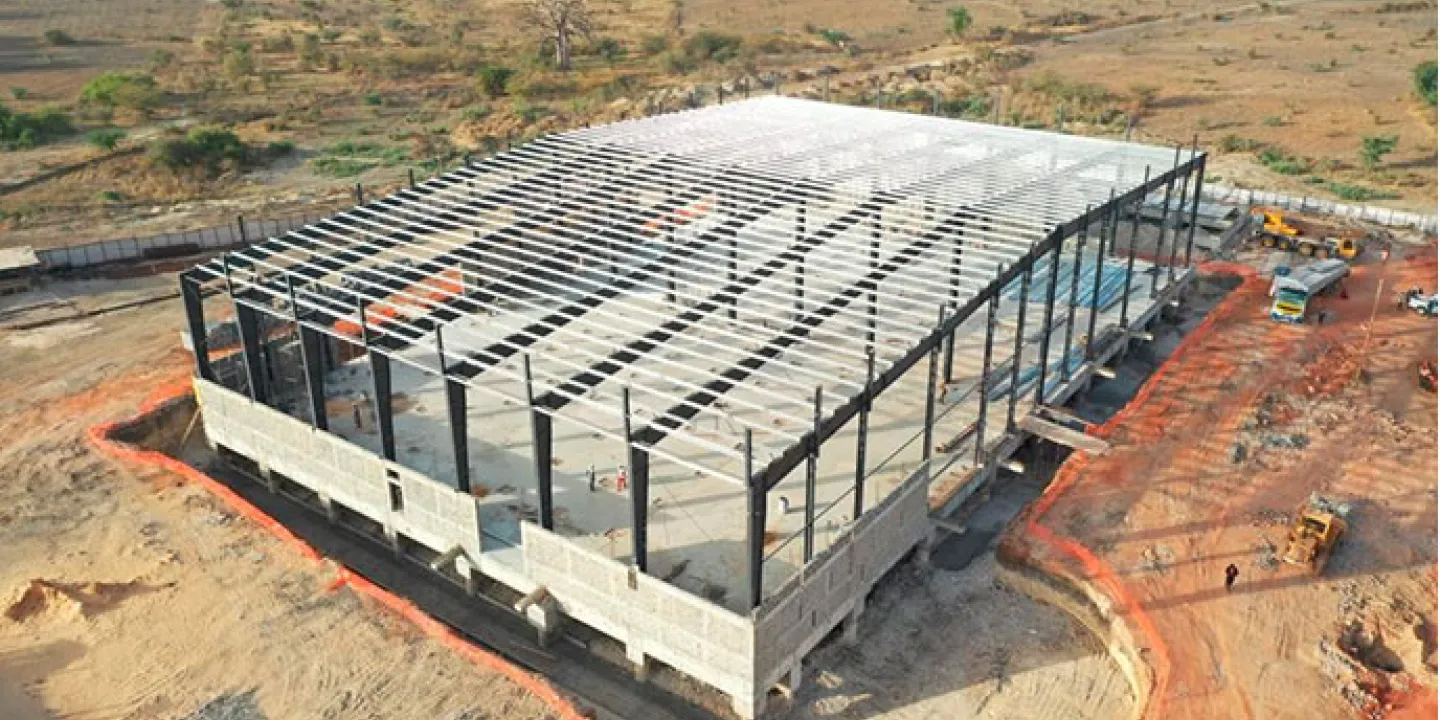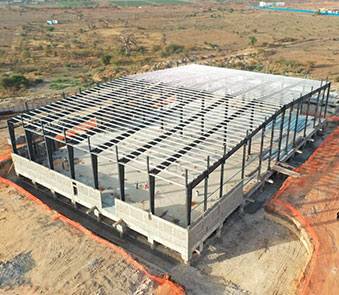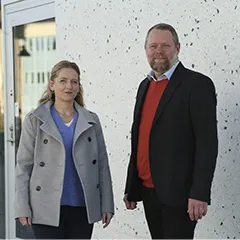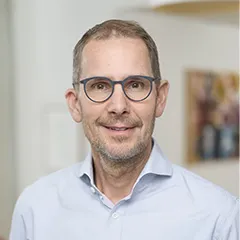21 April 2022
Vaccines in Africa, for Africa
Vaccines in Africa, for Africa
Vaccines in Africa, for Africa
It has been over a year since COVID-19 vaccines were rolled out on a global scale, with 33 vaccines receiving regulatory approval. [1] While the development of this crucial vaccine has undoubtedly saved millions of lives worldwide, it has also exposed huge disparities in global access to life-saving therapeutics. Despite a recent drive in immunization across Africa, only 15% of the population are fully vaccinated, [2] with South Africa the only country hosting a regional manufacturing hub capable of producing finished COVID-19 and other important vaccines. This begs the question, what has caused this extreme vaccine inequality and why does Africa continue to be left behind?
A combination of poor health infrastructure, skepticism, a lack of trained staff, vaccine storage issues, and a reliance on donations and the COVAX scheme have all contributed to the issue. [3] With Africa only producing a small percentage of its vaccines locally, the continent has an overdependence on overseas supplies, leaving it vulnerable to supply delays, logistical issues, and vaccine cost fluctuations. In the early stages of the pandemic, wealthy countries were quick to sign deals with COVID-19 vaccine manufacturers when the vaccine was in the development phase. This placed them as a priority, leaving many low-income countries and the COVAX scheme struggling to secure doses. Radical steps are required to address vaccine inequality in Africa and reach the target set by the African Union and Africa CDC to manufacture 60% of African vaccine supply by 2040 and vaccine autonomy by 2060 [4]. Implementing a local vaccine manufacturing infrastructure is a critical first step toward achieving this goal.
Project MADIBA
Project MADIBA is a ground-breaking collaboration of international companies, funders and governments, led by the non-profit Institut Pasteur de Dakar (IPD), working together to revolutionize access to vaccines in Africa. KeyPlants, a Swedish company that provides innovative life science facilities and PODs, has designed, built and now shipped a first-of-its-kind vaccine manufacturing filling facility for Senegal, Africa. The facility has the capacity to produce 300 million COVID-19 doses annually when it is fully operational. As a filling facility, it is capable of filling both vials and pouches due to the use of MEDInstill’s novel INTACT™ pouch technology. The pouch connects to a multi-use injector, which can deliver 200 doses of the COVID-19 vaccine to patients without losing container closure integrity or causing exposure to critical surfaces. An individual needle for each patient prevents any risk of cross-contamination between patients. Thus, the facility is able to achieve improved high-throughput vaccine manufacturing capabilities safely.
Furthermore, the facility’s off-site construction and modular, prefabricated design means it was able to be completed in record time in Sweden, accounting for the minimal resources and infrastructure available for such a job on-site in Senegal. It was also built with flexibility in mind – the flexibility to scale-up or scale-out in line with demand and the flexibility to facilitate the manufacture of additional therapeutics beyond mRNA vaccines. The installation of the Project MADIBA vaccine manufacturing facility in Senegal will therefore empower the local community to address Africa-specific diseases quickly, as well as meet changing global health challenges head on.
Benefits of local vaccine manufacture
The advantages of local vaccine manufacturing extend beyond having a reactive and robust procedure in place for current and future diseases. By bringing vaccine manufacturing home and providing greater transparency to the local community, misinformation and distrust shrouding the effects of the vaccine are likely to be dispelled.
The economic benefits of a successful domestic vaccine industry must also be recognized. In the context of long-term economic growth, technology transfer is a vital tool. The manufacture of vaccines is a complex task that requires a large amount of investment and technological proficiency, as well as skilled staff. These are not easy to find in low-income countries, including many of those across Africa, especially as regulatory standards continue to heighten. The transfer of knowledge, technology, and manufacturing methods across countries ensures that scientific and technological developments are available to a wider population. Furthermore, the recent successful production of Moderna’s COVID-19 vaccine in South Africa has reopened the conversation surrounding the intellectual property rights for COVID-19 vaccines and treatments during the pandemic. [4] This is crucial to global vaccine accessibility efforts.
On a smaller scale, the introduction of a vaccine manufacturing facility in Senegal will generate local economic growth. With a healthier population, and increased skilled work opportunities, the introduction of Project MADIBA’s facility is an investment in the local community.
A new era for vaccine manufacturing
We are seeing the dawn of a new era in African health systems through the implementation of a safe, financially sustainable, and autonomous vaccine infrastructure. Project MADIBA is leading the way in vaccine manufacturing across Africa, serving as a blueprint for future facilities to be built across the continent, and everyone has a stake in its success. The capability to handle diseases immediately can help minimizes the spread of future diseases or a new COVID-19 variant globally, such as the Omicron variant, which is thought to have emerged from South Africa. Providing worldwide access to vaccine manufacturing facilities ultimately reduces the likelihood of us witnessing another pandemic emerge on the scale we have all seen over the last two years. Next time, we will be prepared as a global community.
References:
[1] https://www.efpia.eu/news-events/the-efpia-view/blog-articles/equitable-access-to-innovative-covid-19-vaccines-in-africa-should-focus-on-healthcare-system-absorption-capacities-vaccine-confidence/
[2] https://africacdc.org/covid-19-vaccination/
[3] https://www.bbc.co.uk/news/56100076
[4] https://africacdc.org/download/partnerships-for-african-vaccine-manufacturing-pavm-framework-for-action/
[5] https://www.nature.com/articles/d41586-022-00335-9






